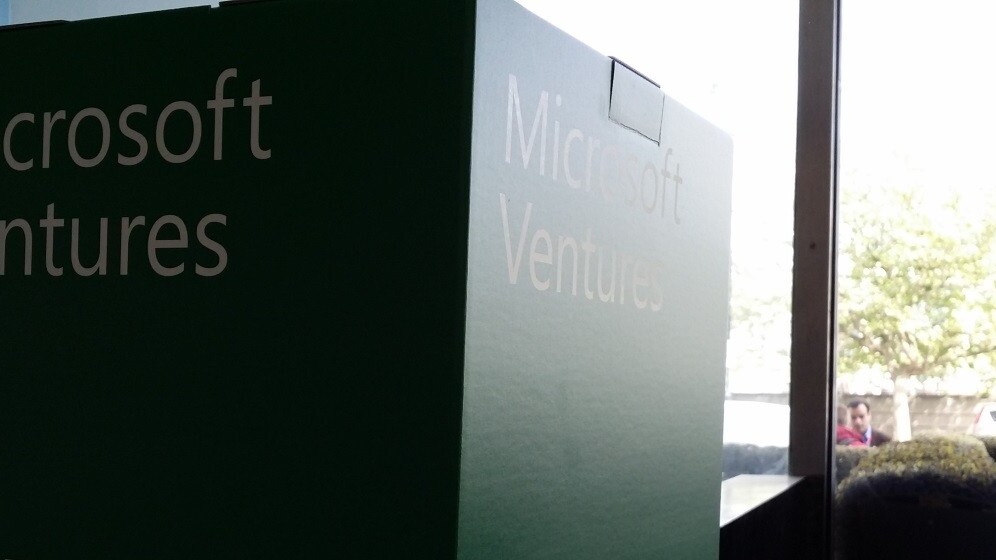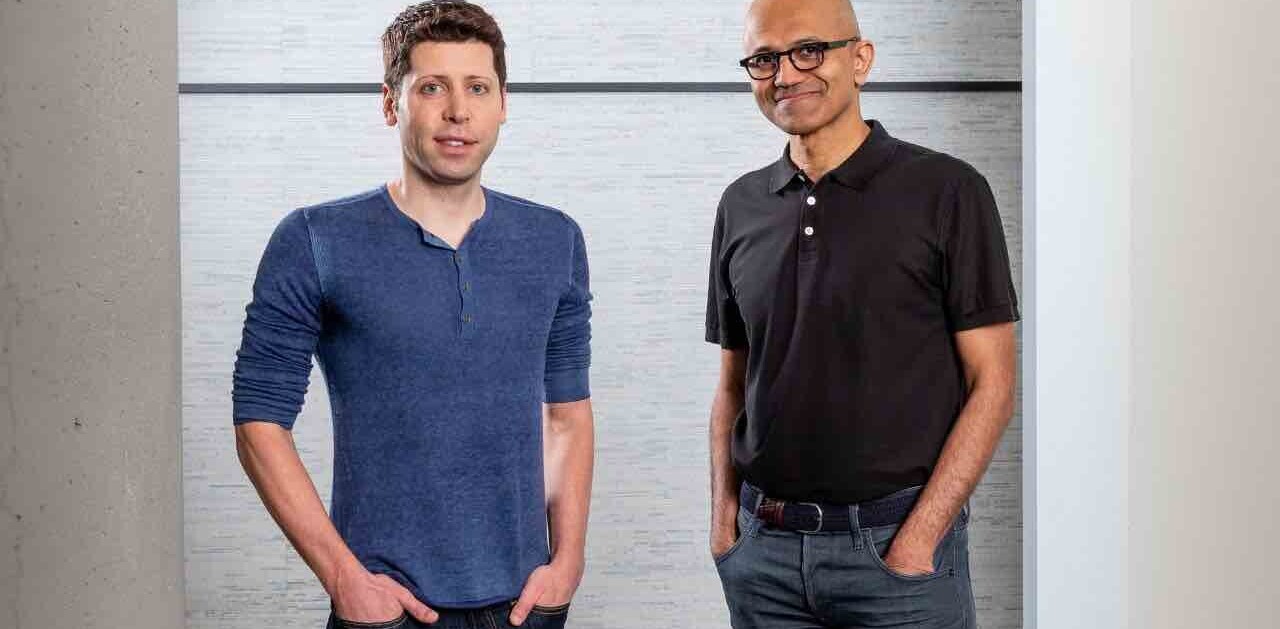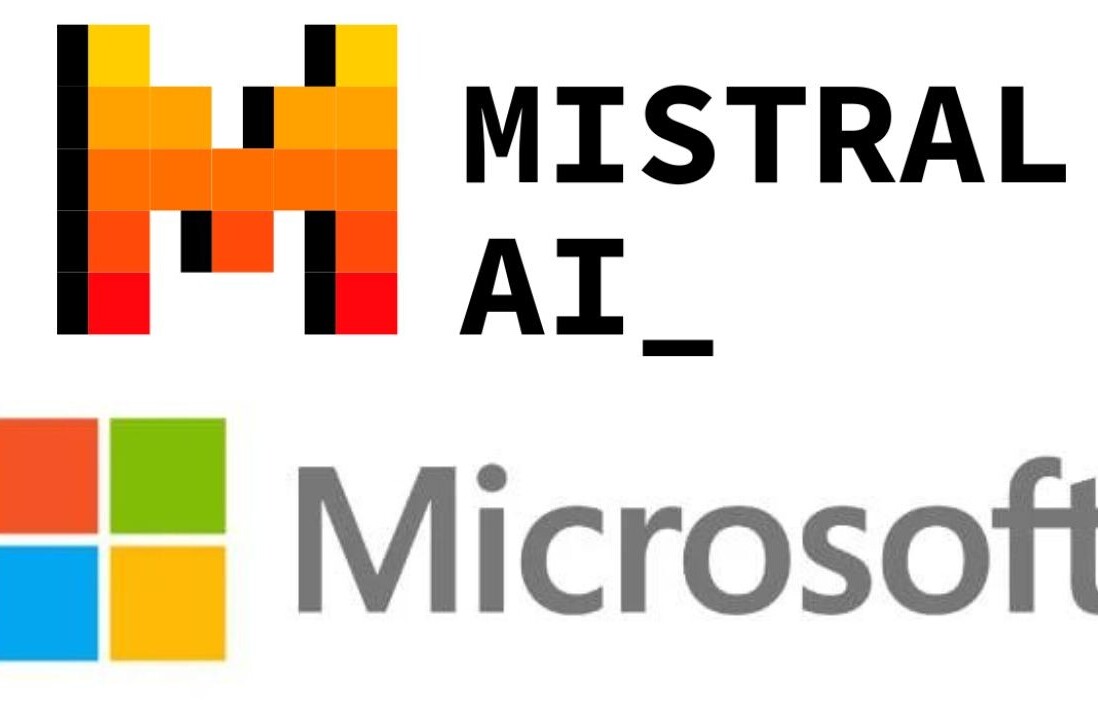
Yesterday Microsoft Ventures London accelerator cohort took to the stage to showcase their businesses in front of some of the UK’s top VCs, investors, press and the wider startup community.
The event was the first full complement to pass through the London accelerator program, although there was a pilot scheme last year culminating in a demo day in December.
In celebration, Microsoft Ventures took the chance to announce a new deal with Level39 that will see it take up residence at the FinTech accelerator, and Level39’s startups get access to Microsoft execs for guidance and advice in use of technology, enterprise sales, finance and product development.
So here are our favorite startups that pitched on the day. Oh, and if you want a shot at being in the second full cohort, which runs for 14 weeks rather than 12, then applications are now open.
Bar Pass
If you live in the UK and like going out to eat or drink, but are pretty lazy when it comes to the standing-up-ordering-part of the process, then Bar Pass is an app you might want to check out.
Once your order is placed, you just need to collect your drinks from the designated spot, or they will be delivered to your table. All payments are taken care of in-app using your stored credit or debit card details, so there’s no need to worry (and no excuse) for running out of cash when it’s your round.
Available on Android and iOS, the company says it’s looking to raise £250,000 in order to give itself 12 months to attract “the right customers”. Clearly, it’s not doing too badly already – it’s already present in places like Wembley Arena, Ascot race course and the Walkabout chain of pubs and restaurants, among others.
While cash is currently generated through revenue sharing deals with the venues and white-labelling of the platform, the company said it will be looking at licencing the underlying technology and providing analytics as an additional revenue stream in future. It’s this potential that sets it apart from some of the other queue-busting apps in the same space.
➤ Bar Pass | App Store | Google Play
Buying Butler
Splashing out on many of life’s more expensive or complex purchases like cars or TVs often requires a good amount of research and shopping around, not only to find the best deal, but also to see what’s available.
Buying Butler, however, wants to take the legwork out of making purchases like this and provide a Web platform that acts as a combination of a comparison site and personal shopper to save you time and money.
To use the platform once registered, you just need to specify exactly what it is you’re looking for and a few other details about the item. Buying Butler will then contact all the appropriate retailers for the item you’re looking for and return your results, along with a percentage showing how closely it matched your original request (shown above).
Right now, the company is focused on car sales, but there are plans afoot to extend this to other product categories in future.
As well as providing a consumer-facing service, Buying Butler is also trying to target enterprise customers who may want to white-label the service for their own employees. The idea behind this is that the less time employees spend researching things they want to buy, the more time they’ll spend, well, working.
Today, the company is looking to raise £350,000 in order to get more suppliers and partners on board.
Caribu
If you have young children and travel a lot for work, you’ll know already that missing out on the normal daily routine can tug at your heart strings. However, if you’re a Caribu user, you don’t have to miss out on storytime before bed.
The idea behind it is simple: keep parents in touch with their kids by allowing them to simultaneously carry out a video call while reading a book along with the child. If it sounds familiar, that’s because Caribu isn’t the first company to come up with this idea, others like Ustyme and Kindoma are already operating in this space.
Nonetheless, with backing from an organization like Microsoft Ventures – an outcrop of the owners of Skype – there’s definitely potential for the service to grow beyond its current reach.
Currently, the app is free and includes one free book, and additional ones are available to purchase in the app. For the future though, the company said that a subscription model will be implemented.
For now, the service is restricted to iPads, but the team is looking to raise £500,000 to build an Android and Web app to increase its potential audience and reach a wider market.
Cognisses
Attracting and keeping hold of a highly talented workforce can be a challenge for any business, not least for tech startups all vying to get the best picks from the same pool of talent.
This is where Cognisess thinks it can help by using objective performance-based games and combining it with big data insights and neuroscientific theories to provide true multi-dimensional staff aptitude testing.
The idea behind the platform is that businesses are far more successful at retaining their staff if they understand each individual’s strengths and weaknesses and develop their roles accordingly.
While there’s no shortage of legacy options available, Cognisses says its answer is far more accurate and dynamic as it’s based on neuroscientific principles.
To date, co-founder Chris Butt says the company has taken £55,000 in revenue and has more than 100 other customers trialing the system.
Now, the company is looking to raise £500,000 in order to fully complete its platform integration and to convert that pipeline of potential customers into actual customers. Butt added that it will be looking to raise a Series A round of funding next year.
UXCam
Launching in beta just under one month ago after a year of development and testing, UXCam‘s mission is simple: make the usability of apps and websites better by providing statistical and visual feedback about what users are really doing while using a service.
Clearly, providing video of the people testing apps could potentially impinge on privacy, so for that reason, each time the video feedback feature is enabled it needs to be given explicit permission by the user and the app owner/developer.
While in beta, the product is free to use and provides users with video feedback (of the screen usage, as well as the user) as well as touch-point data.
To date, there have been more than 10,000 user sessions on the platform, and the company is now looking to raise £500,000 to put towards ongoing development of the platform and to ramp up marketing efforts.
➤ UXCam
Vastari
When you hear that a company is trying to disrupt the art and curation world, you might raise your eyebrows. But stick with it, as that’s exactly what Vastari wants to do.
Of course, it’s not the first platform to try and bring together owners of art and museums that want to put on specific shows, but it claims to be one of the only ones to connect its users to each other.
Founded in 2012, the global database of privately owned works is only accessible by vetted non-profit museums and organizations, thereby ensuring the security and privacy of the artwork-owning members of the platform.
Right now, the company says there are more than 150 museums in the system, and more than 400,000 individual works of art.
To date, the company has raised £250,000 – and has already had an acquisition offer.
➤ Vastari
Von Bismark
Startups working in the retail space are nothing new, after all, it’s an easily identifiable section of the market with easily understandable parameters for generating income, but Von Bismark wants to be the bridge between the digital and physical retail worlds.
To achieve this, the company uses “public engagement interfaces” (screens equipped with cameras and other tech) to allow potential shoppers to digitally try on inventory from any of its partner stores.
For retailers, the company says it reduces overall costs by providing more inventory in smaller spaces. For shoppers, it adds the convenience of virtually trying an item on, without needing to actually hunt it out in the store.
On the revenue side things are simple: Von Bismark charges £900 per month, per screen to use the service. It aims to have 1,600 screens in stores in the next three-to-five years.
Right now, it’s looking to raise £900,000 in total. £700,000 of this will be spent on product development, £80,000 will go on marketing and the remaining £120,000 will be put towards sales development.
Get the TNW newsletter
Get the most important tech news in your inbox each week.











